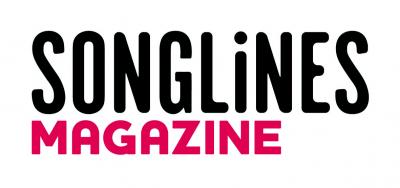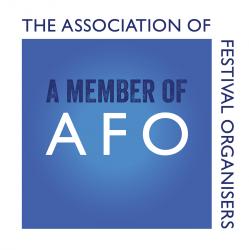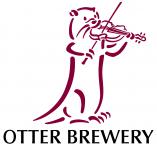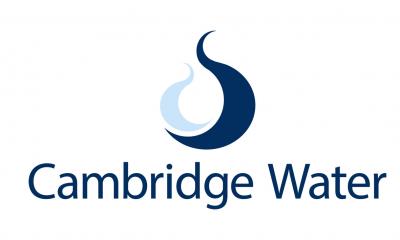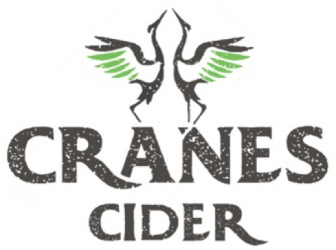Broadcast Partner
Cambridge Folk Festival (CFF) is a premier music event in Europe and one of the longest running and most famous folk festivals in the world. Held each year since 1965 in the beautiful setting of Cherry Hinton Hall, less than 15 minutes from Cambridge City Centre, it attracts around fourteen thousand people, many of whom return year after year. This upcoming year (2024), we acknowledge the 60th anniversary of our humble beginnings and in 2026, we will celebrate our 60th Festival!
CFF is renowned for its unique atmosphere and an eclectic mix of music from a wide definition of what might be considered Folk. The best traditional folk artists from the UK and Ireland rub shoulders with cutting edge contemporary acts, including the finest American country, blues and roots artists, acclaimed singer songwriters, superstars, rising stars and world music stars. Bluegrass artists, gospel, Cajun & Zydeco, Klezmer and Ceilidhs are also regular features. The annual line-up has reflected the many changes in the music scene during the last six decades and is always a wonderful mix of the old and the new. The list of performers who have appeared reads like a ‘Who’s Who’ and the Festival continues to be a launching pad for many emerging artists, too.
The story began in autumn 1964 when Cambridge City Council decided to hold a music festival the following summer. They approached local firefighter and political activist Ken Woollard who was a regular attendee at the newly formed Cambridge Folk Club. Ken had been inspired by a documentary, Jazz on a Summer’s Day, about the 1958 Newport Jazz Festival. He wanted a festival that preserved the values of the fast-evolving folk club movement and expressed his socialist ideals, one which covered a wide spectrum of music, and most importantly, had a friendly family atmosphere. The first Cambridge Folk Festival (CFF) sold 1,400 tickets and almost broke even. Squeezed in as a late addition to the bill was a young Paul Simon who had just released, I Am a Rock.
Cambridge City Council decided to stick with CFF and their confidence was rewarded as its popularity quickly grew. Ken continued as Festival organiser and artistic director up until his death in 1993. This was a great blow, but the team of staff and friends which he had built up over the years, backed by the commitment and resources of the City Council, pulled together to carry on the great tradition he fostered. Ten Years of Folk: A history of the Cambridge Folk Festival was published by Grand Ole Opry (England) in 1974.
For the next 22 years, CFF was programmed by Eddie Barcan, who worked as Ken’s assistant for three years prior to Ken’s death. To this day, CFF shares much of the same philosophy from the early days, though it has never stopped moving forward and developing, incorporating new ideas and features. The last two decades have seen a huge growth in awareness and popularity of the festival, in part due to great reviews and many years of national television and radio coverage, but most often due to word of mouth and recommendations. Today, a new generation of staff, including over two hundred who come together just for the weekend and who like their predecessors and its audience, share a passion for this incredible event and are dedicated to its success.
There are four different stages at CFF: Stage 1, housed within a giant marquee in front of the main Festival arena, Stage 2, a somewhat smaller venue nearer to the arena entrance, Stage 3, a more intimate venue on the opposite side of the arena and The Den, a stage dedicated to emerging talent and located by the Duck Pond. Whether coming for the day or the entire weekend and staying in the campgrounds, the CFF audience is extraordinary! They support and cheer all the artists, headliner and emerging talent alike.
The Den was launched in 2011, located away from the bustle of the main stages and set within a beautiful Indian marquee decorated to create a uniquely welcoming and intimate space. In addition to programmed artists, an Open Stage with 15-minute slots are set aside daily for musicians attending the Festival, along with sessions at night.
With a keen eye on the future and a dedication to supporting and nurturing emerging artists, The Hub was introduced and is a music-making area exclusively for young people attending the Festival. There are workshops throughout the day run by experienced musicians and tutors, and is also the home of The Hub Band Project. Workshops and Q&A talks are for young people who are aged 11-18 and led by fantastic artists who are performing at the Festival.
Throughout its history, CFF has applied the simple ideal of providing the best for artists and audience alike, so its site facilities are amongst the best to be found. Clean toilets, marquees to keep the audience covered in the event of inclement weather, extensive provision for those with accessibility challenges, award-winning stage production, food from around the world, beautiful site art, free internet access, craft, music and instrument stalls, friendly staff, campsite entertainment, a dedicated youth area, a Silent Ceilidh, extensive children’s activities including a special concert and a variety of workshops are all part of the picture.

In 2014, the Festival proudly celebrated 50 years. The same year it was presented with the prestigious Good Tradition Award at the BBC Radio 2 Folk Awards at the Royal Albert Hall. This was for its contribution to the preservation, dissemination and continuance/progression of traditional music over a number of years. And, for the past ten consecutive years, CFF has also been named as “Outstanding” in the A Greener Festival Awards.






